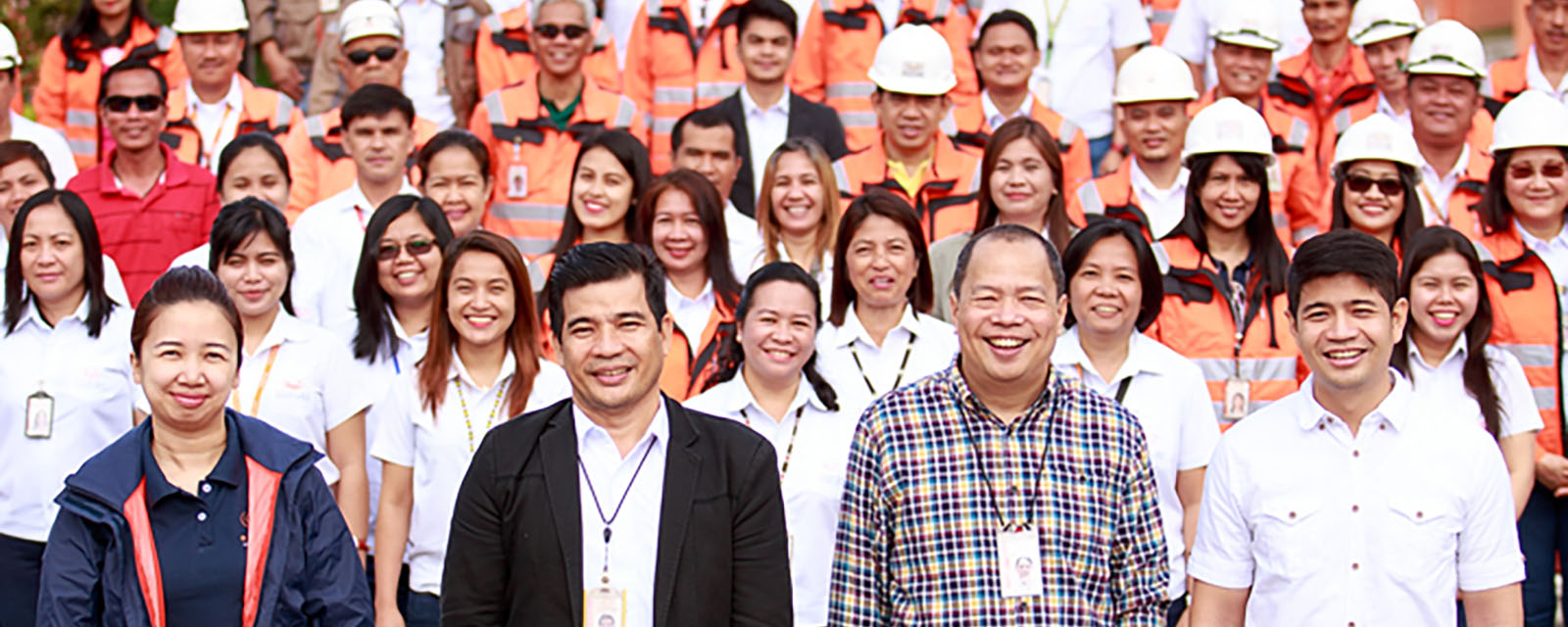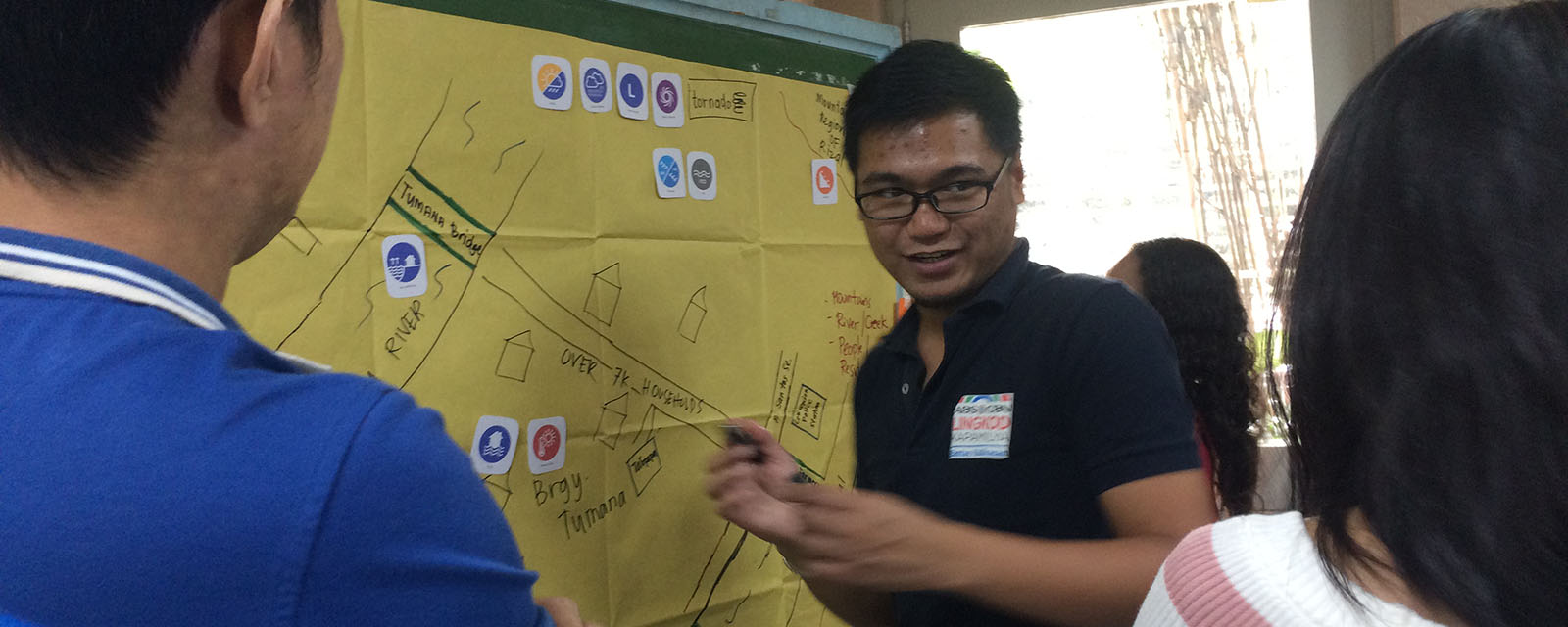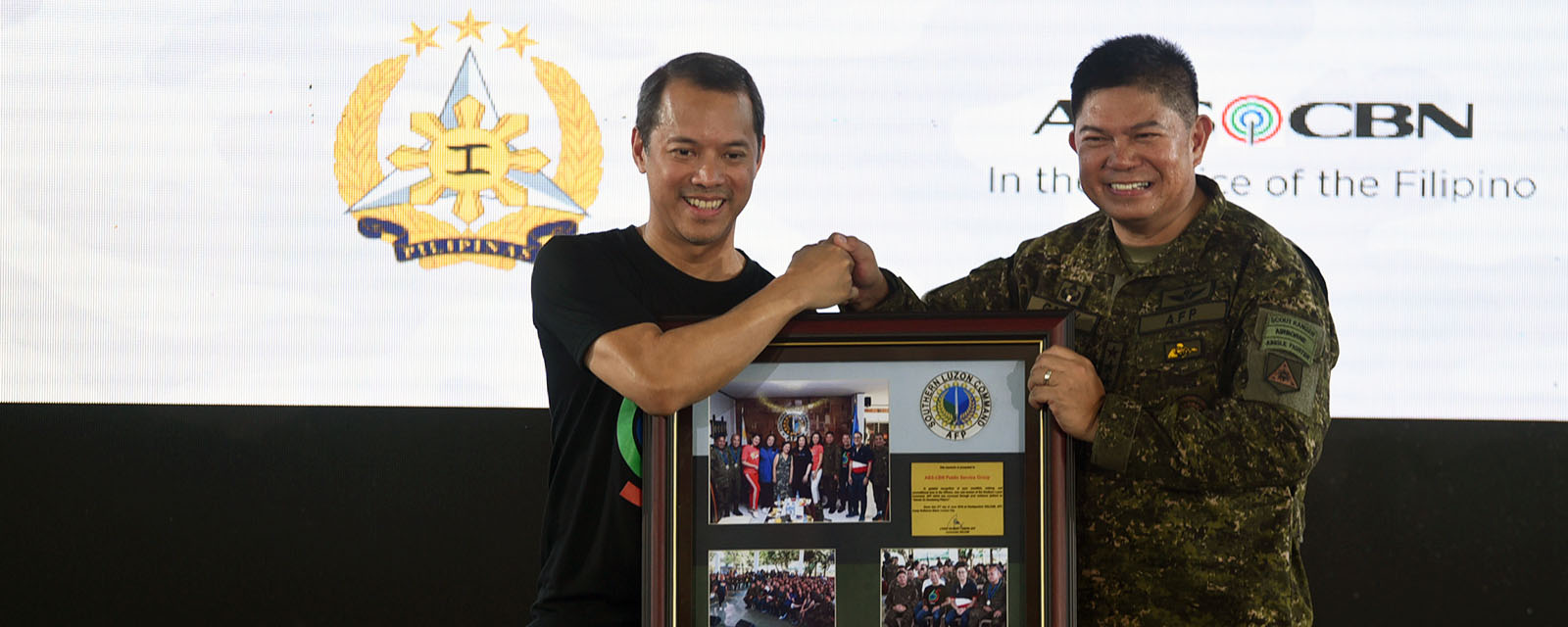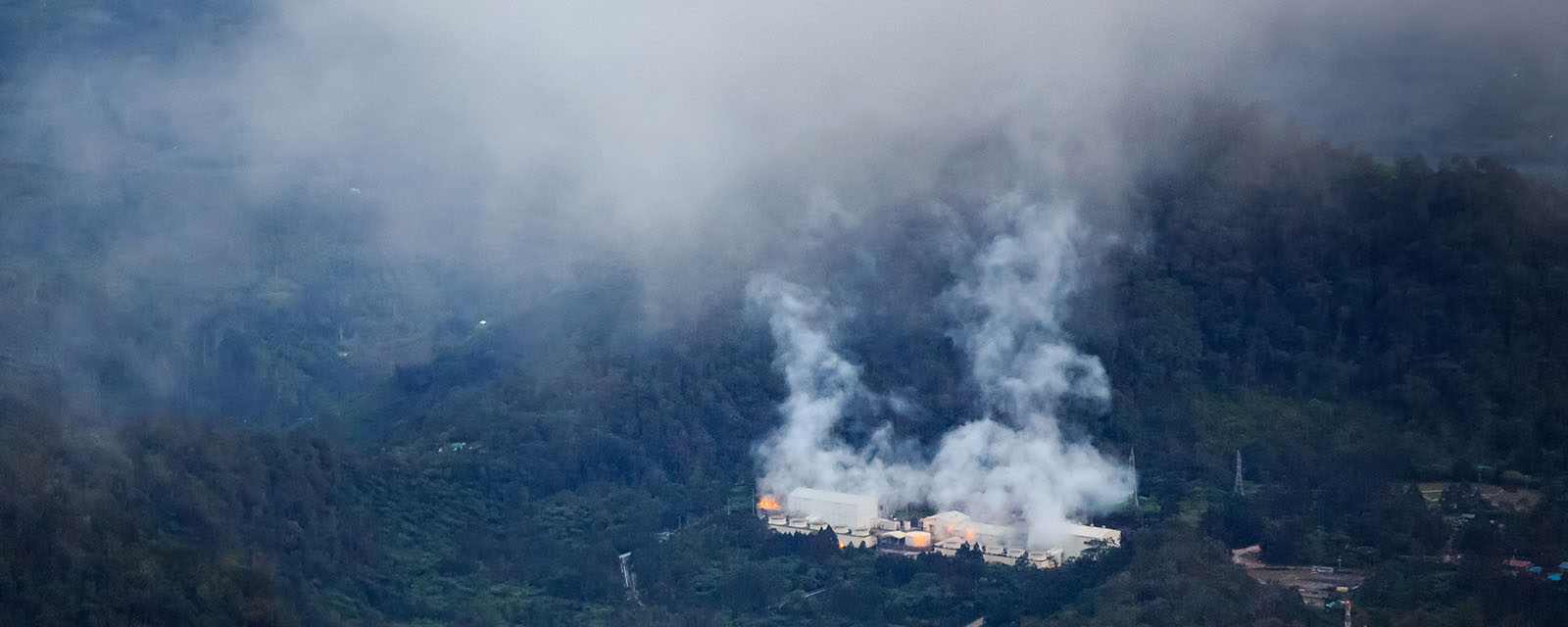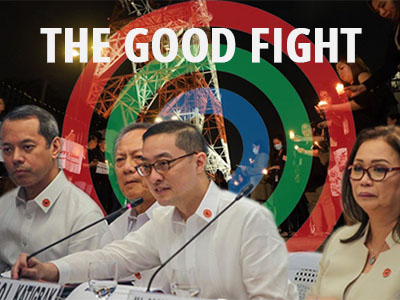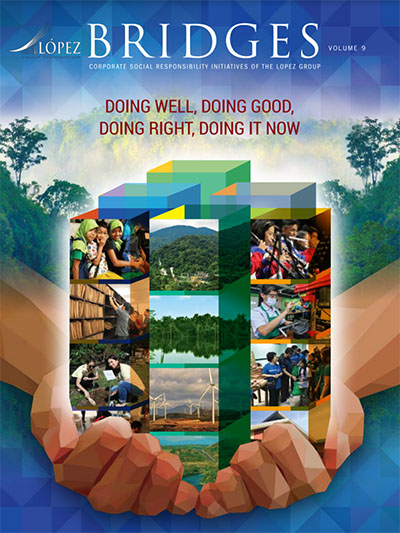
A team of engineering students from Mapua University handed over the ‘Bathala,’ a renewable energy (RE) powered cookstove, to the Dumagats last October 3, in Sitio Suha, Barangay San Mateo, Norzagaray, Bulacan.
Bathala is a dual burner rocket stove that generates up to 40 watts of electricity and equipped with a 150 watt power inverter to drive small appliances. It uses firewood when cooking, but encloses the smoke as it captures heat to distill water on one side, while storing energy on the other to power small appliances.
“We are very happy to receive this gift of Bathala—the communal cookstove will allow us to cook two meals at one time, distill 35 liters of water for drinking, provide light at night to at least 10 families and power appliances such as mobile phone and electric fan,” said Br. Martin Fransisco, community organizer and chairman of the Sagip Sierra Madre Environmental Society, Inc. (SSMESI).
SSMESI is an environmental advocate group overseeing the Punduhan ng mga Dumagat, a 10-hectare property located in the sacred mountains of Sierra Madre. It also helps protect the forest and provide sustainable livelihood opportunities for the indigenous group.
Bathala is Mapua’s winning project of four member team of Engineering students namely Jeremy de Leon, Alsus Adiaton, Gabriel Layson, Norman Quiniquini and their faculty adviser Engr Febus Reidj Cruz, that bagged the Grand Prize Winner title in the 2015 Sikat Design Challenge, an inter-university competition focused on renewable energy targeted at the rural sector.
The Challenge is organized by the Sikat Solar Challenge Foundation, Inc. (SSCFI), a non-stock, non-profit company, sponsored by Lopez Group of companies: First Gen Corporation, Energy Development Corporation (EDC) and their parent company First Philippine Holdings Corporation (FPH).
“With the P1M prototype grant from US Agency for International Development (USAID) Science, Technology, Research and Innovation for Development (STRIDE), we were able to develop Bathala Version 3.0, which has now turned from a small rocket-like contraption to a huge communal cookstove,” said Cruz.
USAID STRIDE is the flagship science, technology, and innovation program of the U.S.-Philippines Partnership for Growth with Equity that spurs inclusive economic growth by boosting science and technology research.
“Our program aims to enable Philippine universities help the Filipino people in a better way through innovative research in science and technology and Mapua’s project is a good example of what we have been doing,” shared Dr. David Hall, Chief of Party (COP) of USAID.
Bathala is proof that innovation in the hands of the Filipino youth can play a pivotal role in realizing the full potential of clean energy sources in addressing the challenge of energy access and climate change.
“Through Bathala and the Sikat Design Challenge, we hope to address the issue of ‘energy poverty’ especially in the rural sector by inspiring both the young and old to recognize the power of harnessing renewable energy in an innovative way,” said Tisha Timbang, program manager of SSCFI.
